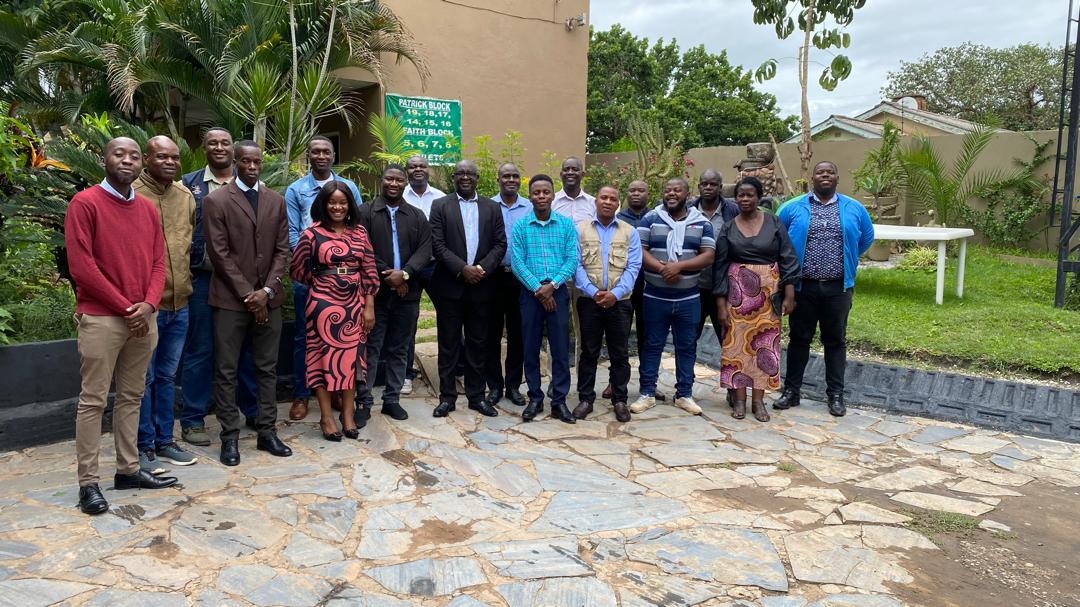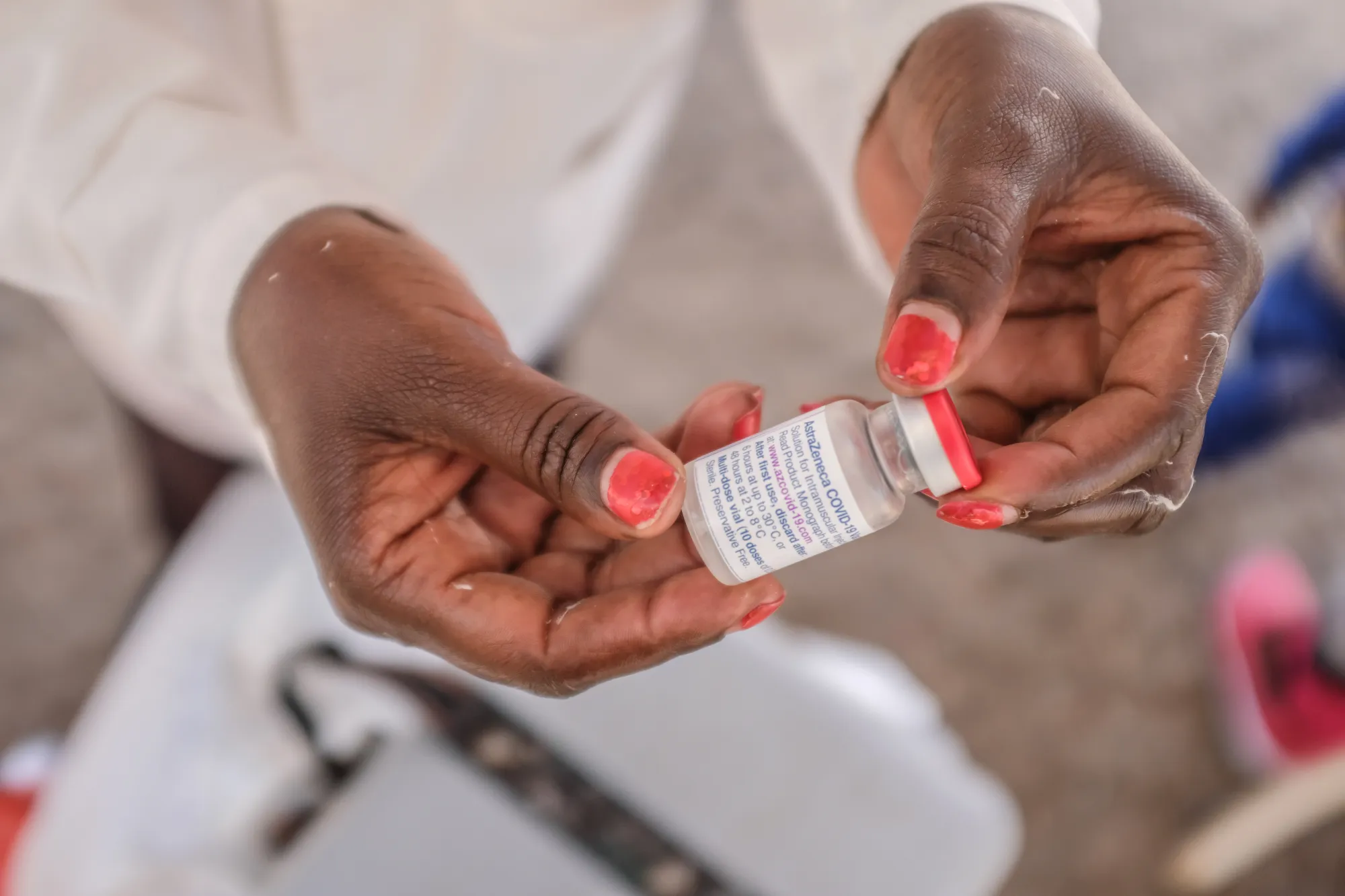The public and stakeholders about whom the New Public Health Order is framed need to know:
Coined by the Africa Centre for Disease Control and prevention (Africa CDC), the new public health order is often quoted by countries, Ministries of Health, Institutions and indeed individual technocrats. But what is the new public health order, and what implications does it have on our approach to health security?
The Africa Union(AU) Assembly of Heads of State and Government at its 35th Ordinary Session in February 2022 granted Africa CDC operational autonomy. InJuly 2022, AU Assembly, delegating its authority to the AU Executive Council, adopted the revised statute of the Africa CDC. These decisions mean that Africa CDC is now able to handle all its operations and therefore move faster to support any health emergencies; will handle all its administrative, financial, procurement and human resource needs; has authority to declare Public Health Emergency of Continental Security (PHECS); and now has a Committee of Heads of State and Government as the highest decision- making body in its governance.

Africa CDC’s vision of a New Public Health Order for Africa constitutes a paradigm shift in Africa’s approach to health security and public health. Briefly, it is hinged on five pillars namely: (1) Strengthened public health institutions at country and continental levels; (2) Strengthened Public Health Workforce; (3) Expanded local manufacturing for health products; (4) Increased domestic resources including financing; and (5) Action-oriented and respectful partnerships based on Africa’s priorities
The Africa CDC works with Ministries of health in all member states, and where already established through National Public Health Institutes (NPHI), as is the case for Zambia. According to the Africa CDC the African continent has 23 countries with well-established and functioning NPHI, 19 in the process and 13 not yet decided. Whether a NPHI is established or not in a given country is not the issue; the question is, how resilient is the emergency preparedness and response mechanism? This issue, in most if not all African countries, requires some form of dedicated team of staff working on these because regular Ministry of Health staff are often overstretched with mundane aspects of providing healthcare services to the public. It does require consistent adjustments to streamline surveillance mechanisms, data systems and continuous revies to have a sense of ongoing disease intelligence functions.
The public health workforce is another key pillar often misunderstood. Our medical education system was historically designed to make diagnosis and provide appropriate treatment; and indeed, the infrastructure and health sector establishment accordingly aligned. But present-day emergency threats require a rather different approach. This is why the new public health order appropriately urges countries to invest in training and retraining disease detective’s cadre whose orientation is forward looking to anticipate, rather than respond. This requires dedicated training, equipment and appropriate policy framework to support such operations.
In future statements, we shall address and justify local manufacturing, domestic resourcing and respectful partnerships. For now, we emphasize that the new public health order is not an optional choice, it is an imperative. We thank the government of Zambia and the Ministry of Health for the steps so far taken in the right direction. Indeed, His Excellency President Hichilema made the point on 16th July 2022 through the Lusaka Declaration when he called on all African leaders to ensure that they have established and functional Public Health Emergency Operations Centers (PHEOCS).
Prof. Roma Chilengi
Director General/Health Advisor to the Republican President








